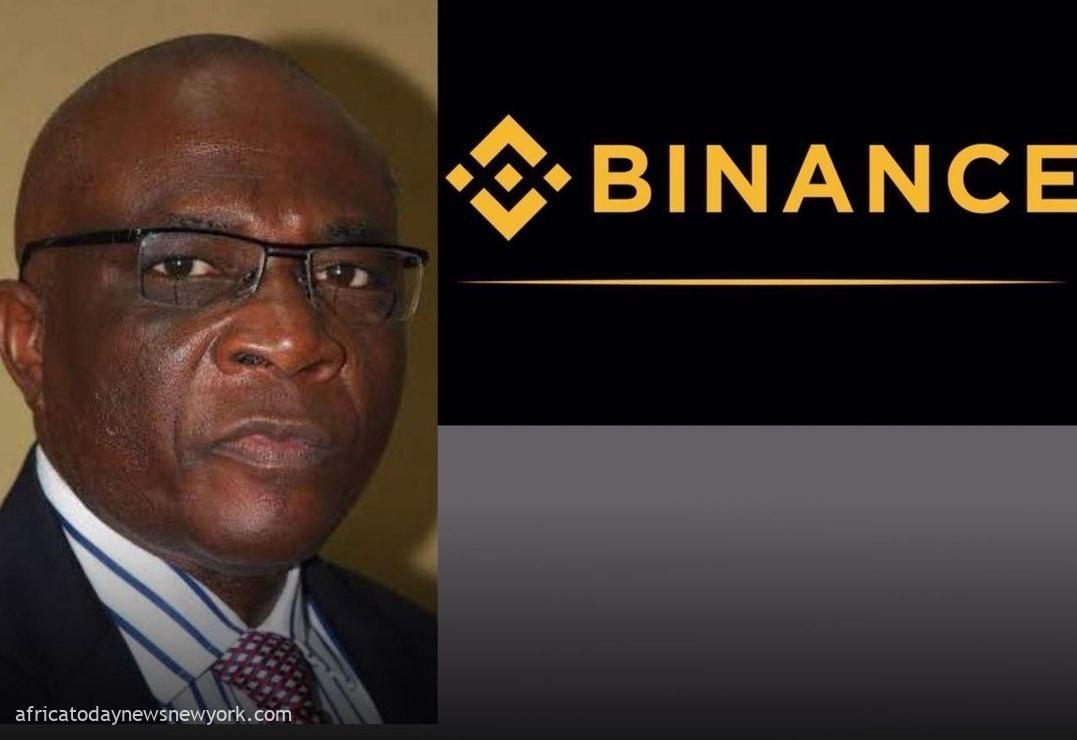Mr. Bayo Onanuga who is a spokesman to the President of Nigeria, has asserted that cryptocurrency trading website Binance will destroy the Nigerian economy by arbitrarily fixing foreign exchange rate if not immediately checked.
“If we don’t clamp down on Binance, Binance will destroy the economy of this country. They just fix the rate,” a displeased Onanuga said on Channels Television’s Politics Today programme on Wednesday which was monitored by Africa Today News, New York.
“We have saboteurs. Look at what Binance is doing to our economy. That is why the government moved against Binance. Some people sit down using the cyberspace to dictate even our exchange rate, hijacking the role of the CBN.
“They just sit down and fix anything they like. It’s a sabotage and we are trying to prevent that from happening henceforth,” he stated.
The presidential aide further urged Nigerians to stop patronising the parallel market for FX rates, saying the website of the apex bank is the only legal platform.
Read Also: CBN Finally Lifts Ban On Cryptocurrency Transactions
“The parallel market is not the real gauge of Nigeria’s economic health. The parallel market is an illegal market.
“I don’t even know why Nigerians and the media are feeding on the parallel market. That is not where we should go; what’s the CBN rate? As at Friday, the rate for the dollar was about N1600.
“Even in the so-called parallel market, the exchange rate is stabilizing there and that is what this needs. Our economy is too much dollarised. Importers are looking at the exchange rate and using it to fix prices, some of them arbitrarily, some of them actually profiteering,” Onanuga stated.
According to him, once the CBN succeeds in stabilising the exchange rate, the prices of goods in the country will normalise. “Things are not going to get worse, they are going to get better in the next few weeks,” he noted.
Nigeria is battling rising inflation, food inflation, forex crisis, economic hardship and high cost of living occasioned by the removal of petrol subsidy, attracting protests in parts of the country.

